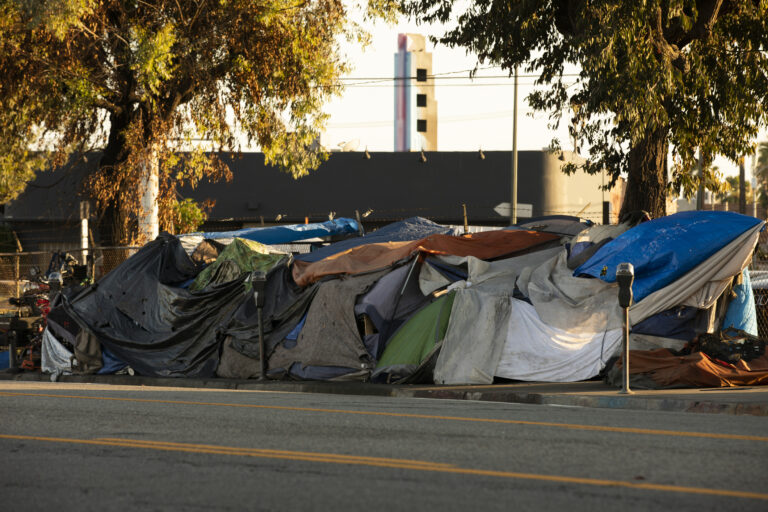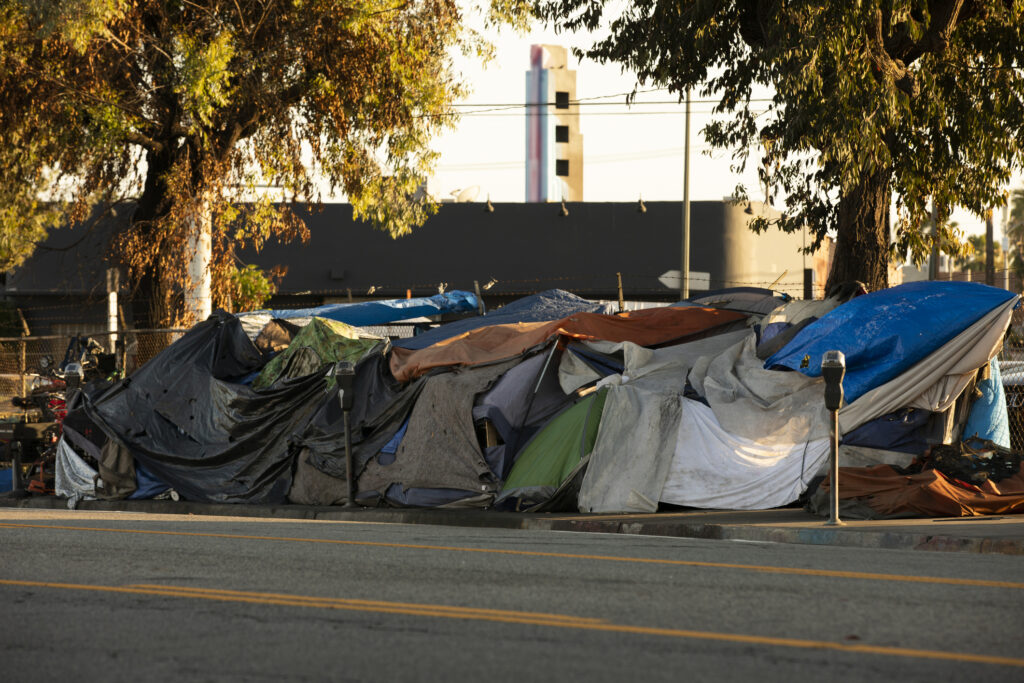Barriers to Employment For the unhoused

“Why can’t they just go get a job?”
“There’s plenty of jobs out there, they just don’t want to work!”
“They’re just lazy, all they have to do is get a job!”
The myth that those experiencing homelessness can (or should) simply “go get a job” is not only untrue, but it also perpetuates harmful stereotypes and creates a false narrative and understanding around why people become unhoused and the deep impact that being unhoused can have on someone.
For starters, not all people who are unhoused are are unemployed. In fact, an estimated 25% of those experiencing homelessness in the United States have employment, but between the cost of living (in particular, housing) skyrocketing and pay wages failing to increase in tandem, nearly 150,000 people and families are still unable to make ends meet.
Those that are unemployed are quickly branded as lazy by much of society without knowing the reality of what’s actually happening. “Research consistently shows that people who are experiencing homelessness want to work and many diligently pursue employment opportunities or work in some capacity.” However, being without housing makes it nearly impossible to find, obtain, and keep formal employment.
Barriers To Employment For Those Who Are Unhoused
No Regular Address or Phone Number To Put on Resume
Most employers require an address to even be considered for a job creating a “lose-lose” situation where people “can’t get a place to live until they get a job, but can’t get a job till they get a place to live.”
On top of that, not having a reliable phone or phone number to put down can not only make it harder to search and apply for jobs, but it also makes it extremely difficult for potential employers to contact you once you’ve applied.
No Safe Living Environment or Reliable Transportation
Without a place to call home, people often have no safe space to prepare for a job interview, recover from a days work, shower and clean up on a regular basis, get a good nights sleep, prepare food, or recover from an injury or illness. This in itself makes it seemingly impossible for someone to maintain the physical and mental health needed to stay employed, let alone be in the position to obtain employment in the first place.
Add in not having access to reliable or affordable transportation and even once the job is obtained there would be no means of getting to and from it.
Mental and Physical Disabilities
According to the U.S. Department of Housing and Urban Development, “people living in shelters are more than twice as likely to have a disability compared to the general population.”
Data from 2017 shows that on any given night in America, 20% of those experiencing homelessness reported having a serious mental illnesses and 16% reported conditions related to chronic substance use.
Rates of other health conditions such as diabetes, heart disease, and HIV/AIDS also occur at much higher rates (sometimes three to six times higher) for those who are unhoused in comparison to the general population.
Between the stigma and challenges associated with mental health conditions, discrimination those with physical disabilities often face, and physical demands many jobs require of employees, it can become virtually impossible for some to get and keep a job.
Criminal Record and Previous Incarceration
In addition many employers won’t give an application a second glance if the applicant was formerly incarcerated creating a huge barrier to employment for a significant portion of those who are unhoused.
Additional Barriers To Employment for Unhoused Youth
While youth share most of the same barriers as adults when it comes to getting a job, they also face additional obstacles to employment such as age discrimination, lack of encouragement to plan and pursue career opportunities, less social and human capital (family, friends, networks, education, etc.), and a lack of support with the transition into adulthood.
Bridging The Gap Between Surviving and Thriving For Those Who Are Unhoused
Steady, reliable employment is one of the key ways to get those who are unhoused back on their feet. However, this has been made extremely difficult without a roof already over your head.
For those experiencing homelessness, it’s not about being lazy or not wanting to work – even the research tells us that. It’s about being deprived of the resources, support, or means needed, and often required, to obtain and maintain employment in the first place.
At J&J Lovelace Foundation we are changing this by raising funds to create affordable housing opportunities and help people gain employment through training programs that act as a catalyst to empower people to achieve self sufficiency and ultimately change their life.
We believe that by bringing awareness to the realities of being unhoused in America, we can foster the kindness and compassion it takes to collectively change the lives of those struggling most in our communities.
We have the power today to change tomorrow. Donate today to be part of the change.
-Written by Cassie Cipolla for J&J Lovelace Foundation

